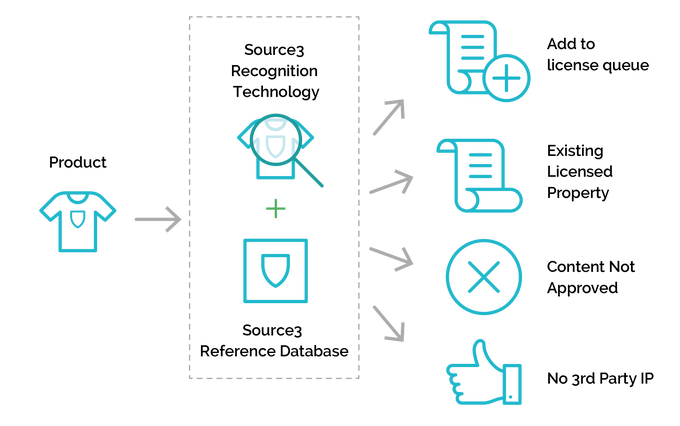
A few years ago we ran into a company called “Source3”, who intended to market notable 3D printed designs. Now they’ve been acquired.
Who bought them? None other than Facebook, whom you may have heard of.
Source3’s premise was that designers of very famous objects, typically in the entertainment industry, were fearful of having their designs 3D printed due to the potential of theft.
In the past, and indeed still to this day, most 3D digital representations for 3D print are stored as STL files. This offers a slight protection over presenting the 3D CAD file itself, which could not only be stolen but easily modified into new variants. STL files are simply a snapshot of a particular CAD configuration with extremely limited ability to modify.
That said, having the STL file is still valuable, as it enables one to 3D print objects – as many as you have material to print with. This is what scared designers: a rogue 3D print company or 3D model repository that would enable the public to replicate the physical object repeatedly until the value of the design decayed.
Source3 attempted to solve this problem by developing a web-based system to manage designs. A designer could securely store their design in Source3’s system, where it could be 3D printed on request in a manner that complied with licensing requirements.
I think that when Source3 was conceived the market for 3D printing was a bit different. They emerged just at the tail end of the 3D print consumer craze, which promptly declined afterwards. This left Source3 with a smaller market than they likely anticipated.
Apparently the company pivoted somewhat by leveraging their licensing system for other purposes and became successful.
It was sufficiently successful that Facebook actually acquired them just recently. Facebook intends on using the technology to enable designers of all digital material to more easily present their wares on that platform. It makes sense for Facebook and Source3.
But this perhaps wasn’t Source3’s original destination. However, it goes to show that there is wisdom in changing course once a company starts if things are not proceeding well. A “pivot” is something 3D printing companies should definitely consider if things are not working out.
Via TechCrunch

